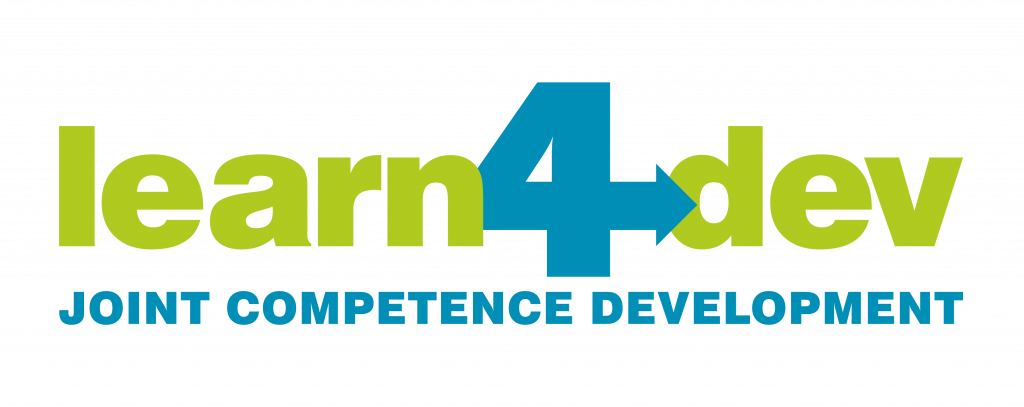After decades of experience in development cooperation, the international donor community is increasingly aware of the need for more effective international cooperation. Multi-stakeholder partnerships, donor harmonisation, and alignment with country policies and procedures are an essential part of this. A broad common policy framework has been developed over the years, both at the country level and internationally, which includes:
- the Poverty Reduction Strategy approach;
- the Monterrey Consensus for Increased Aid Effectiveness;
- the Millennium Declaration and the Millennium Development Goals;
- the Rome Declaration on Harmonisation;
- the DAC Good Practice Paper, “Harmonising Donor Practices for Effective Aid Delivery”;
- the Paris Declaration and the following High Level Forums in Accra and Busan including Partnership for Effective Development Cooperation;
- The Agenda 2030 with the interlinked and universal Sustainable Development Goals in 2015:

Partnerships among multiple stakeholders play an important role in the implementation of the SDGs.
This new international development architecture presents all actors, including donors and development agencies, with challenges and opportunities that require to develop competencies in a wide range of areas and at different levels. This can be realised more effectively by pooling expertise; sharing, learning, and continuous professional development of expertise, and by using materials and financial resources through joint initiatives.
Joint competence development not only helps development practitioners share resources and experiences, but also creates a common understanding and language in development cooperation and fosters harmonisation among network members.
(Partnerships for Sustainable Development: A legacy review towards realizing the 2030 Agenda (UN)
This is why the Learn4dev network was created in 2004.

